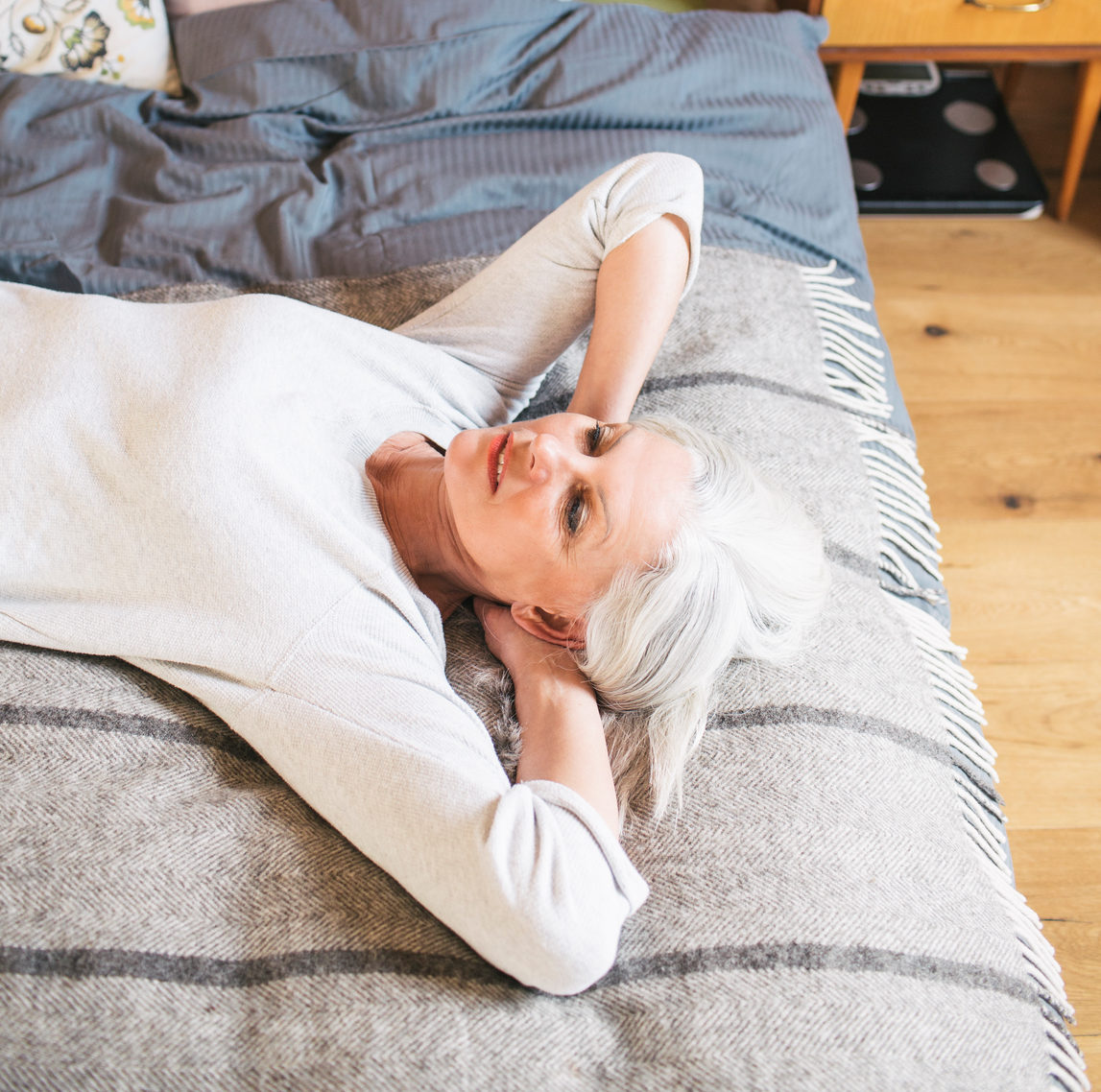“The willingness to consider possibility requires a tolerance of uncertainty.” — Rachel Naomi Remen
Human beings are curious by nature. We strive to predict, understand, and control our lives, and when uncertainty arises, this can lead to significant discomfort. In many cases, an inability to cope with uncertainty can also affect your mental health.
The Impact of Uncertainty on Your Mental Health
Several studies have focused on the relationship between uncertainty and mental well-being, including this 2018 review. Intolerance of uncertainty refers to difficulty enduring the experience of not knowing, which may initiate a range of cognitive, behavioral, and emotional responses.
Intolerance of uncertainty is also a hallmark of anxiety disorders, ranging from generalized anxiety to obsessive-compulsive disorder. However, evidence suggests that intolerance of uncertainty is also linked to numerous other psychological conditions, including depression and eating disorders.
With that being said, many more individuals (who have not been diagnosed with a mental health condition) will display subtle symptoms of intolerance to uncertainty, disrupting their quality of life. This is now more apparent than ever, as the world continues to navigate the current pandemic.
From financial insecurity to health-related anxiety, COVID-19 is creating immense uncertainty around the globe. Social and economic order seemed to crash overnight, leading to increased feelings of uncertainty, as well as a spike in mental health issues.
Read more: Cases of Anxiety and Depression are Expected to Spike Across the Globe
If You Have a Low Tolerance of Uncertainty, Here’s What to Do
Even before COVID-19 hit, your life has likely been full of uncertainty in areas such as relationships, employment, and even health. However, the current pandemic is unique in that it is impacting billions of people on such an immense scale.
Currently, it’s unknown how long the “new normal” will last, what that will mean for the economy, how the health care system will manage, and the list goes on. Yes, COVID-19 will end — but when it does, what impact will it have on society, as well as your personal life?
The answer is, no one knows — which has likely caused you to feel uncertain in ways that feel different than the uncertainties you’re accustomed to within everyday life. To begin to strengthen your tolerance of uncertainty, and in turn, support your mental health, take these steps:
1. Recognize your ability to tolerate uncertainty and be specific
If you are someone who has a low certainty tolerance, be aware of this. Being aware that unpredictable situations may lead to a significant increase in anxiety is critical, especially during the current pandemic. If you are on the low end of uncertainty tolerance, connect with those who are more tolerant. Express how you’re feeling and learn more about the strategies they use to cope.
Everyone is facing unique worries at the moment, which is why it’s important to be specific about your personal concerns. For frontline health care workers, many are anxious about their current work environment; business owners may worry about their cash flow and long-term stability; elderly individuals may be struggling with feelings of isolation; and so on. Instead of experiencing generalized anxiety about the future, write down all of your specific concerns. This will help you improve your ability to tolerate your current emotions and potentially even create a more detailed action plan to alleviate anxiety.
Harvard Medical School offers greater insight into the process of writing your anxieties away, which you can read here.
2. Learn to live in the present
To overcome uncertainty, it’s important to focus on the here and now. Think about what you can control today, as well as the tasks and activities you’d like to accomplish. The goal here is to stop your mind from wandering into the future, which in many ways, is full of unknowns. If you find that your mind is drifting, simply think about the measures you can take in the present to keep you and your family healthy.
Related: Mindfulness for Mental Health
3. Ask for help
It’s important to remain connected during the current pandemic, reaching out to family and friends often. However, in some cases, you may require greater support than they’re able to give. There is no shame in having trouble managing feelings of stress and anxiety during these unprecedented times. Connect with a therapist through virtual resources in order to develop healthier coping skills.
For more information on how to care for yourself and others during this time, please refer to the following:






